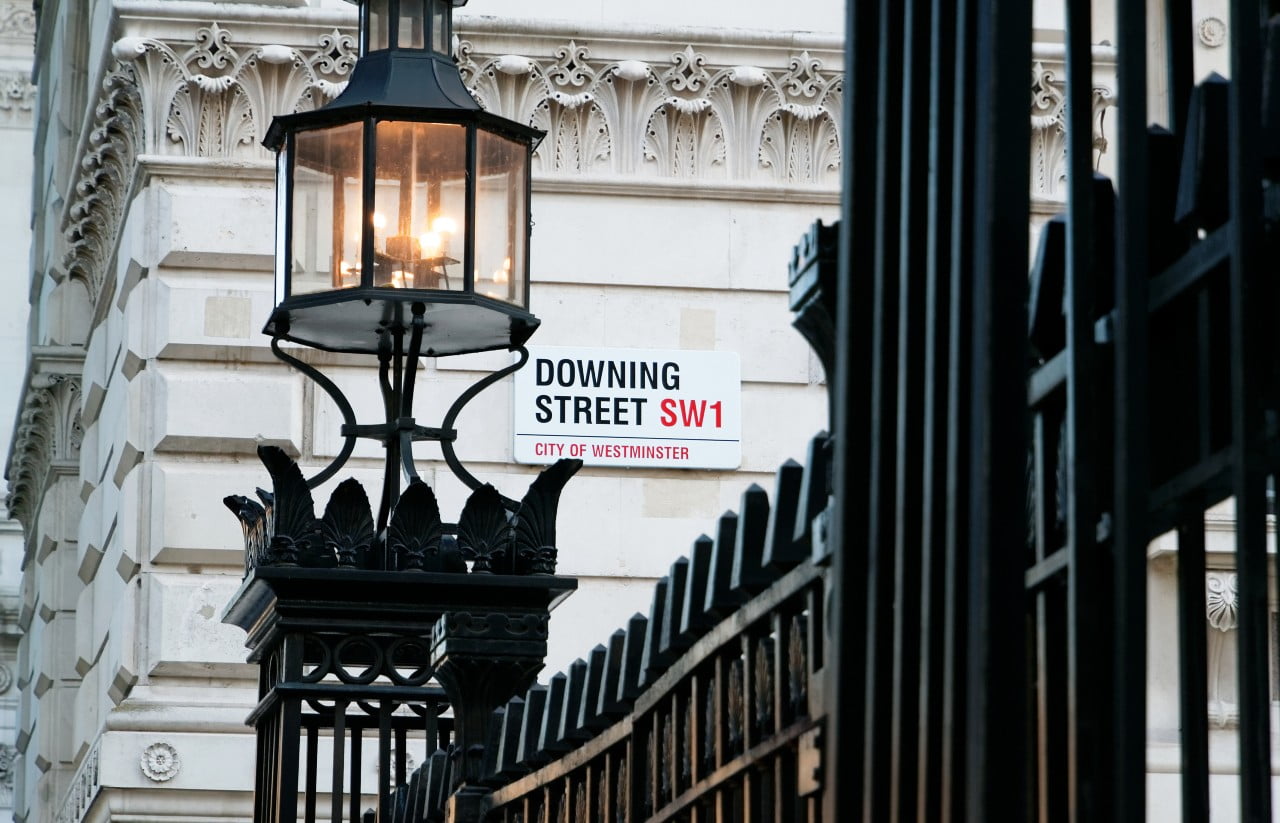Today (14 October 2022) after much speculation the Prime Minister has announced that the previously cancelled planned increase in corporation tax from 19% to 25% is now back in place.
The increase in the corporation tax rate will take effect from 1 April 2023. That means companies with anything other than a 31 March year end will face a blended tax rate for the accounting period straddling 1 April 2023 as follows:
| Accounting period ended | Taxable profits < £50,000 | Taxable profits > £250,000 | Marginal rate between £50,000 & £250,000 |
| 30 June 2023 | 19% | 20.5% | 20.875% |
| 30 September 2023 | 19% | 22% | 22.75% |
| 31 December 2023 | 19% | 23.5% | 24.625% |
| 31 March 2024 onwards | 19% | 25% | 26.5% |
There are things that can be done to minimise the impact of this increase; however, it is necessary to bear in mind that most of these options do result in tax payments being made earlier than they would be if no planning was done. Companies need to weigh up their cash position against their desire to minimise their tax liabilities.
Options include:
- If your year end is around the date of rate change, consider whether you can influence when profits or gains will arise. You may prefer them to arise earlier at the lower rate.
- If you will have a straddle period and have made large profits early in the year, consider shortening the year-end to 31 March so that all your profits are taxed at 19%.
- Brought forward tax losses that have arisen since April 2017 do not need to be utilised in a particular accounting period, they can be carried forward and used in a later accounting period to save tax at a rate of 25% rather than 19%.
- Loss making companies may wish to carry losses forwards to use against future profits so saving tax at a rate of 25% rather than carrying a loss back to generate a repayment of tax at 19%.
- The super deduction will also end on 31 March 2023. As the super deduction effectively gives tax relief at 25% there is little benefit to bringing forward capital expenditure. However, larger companies or groups with significant capital expenditure that is expected to exceed the annual investment allowance limit of £1 million should consider bringing forward qualifying capital expenditure to make use of the super deduction which, unlike the annual investment allowance, has no limit on the amount of expenditure that is claimed in an accounting period.
- The awarding of bonuses or payment of pension contributions could be delayed until a later date to save tax at the higher rate.
- If substantial capital assets are to be sold and trigger a capital gain, consider whether to exchange contracts and crystallise the gain pre or post 31 March 2023.
- Property development companies that have a known sale of a development post 31 March 2023 could consider selling the development to a group company before 31 March and paying the corporation tax on the development profit at 19%. The sale post year end would then have a minimal profit taxable at 25%. This planning would only work in very specific circumstances and companies would need to be sure that the final sale will go ahead.
- Instalments – large companies making instalment payments based on their expected tax liability for straddle periods will need to consider increasing their payments if they wish to avoid interest charges. The interest rate on instalment payments now stands at 3.25%.
Get in touch
The above are only a a limited number of outline ideas and you should seek specific advice tailored to your circumstances before taking or refraining from any action. For more information, please contact Claire Astley by clicking on the button below.



